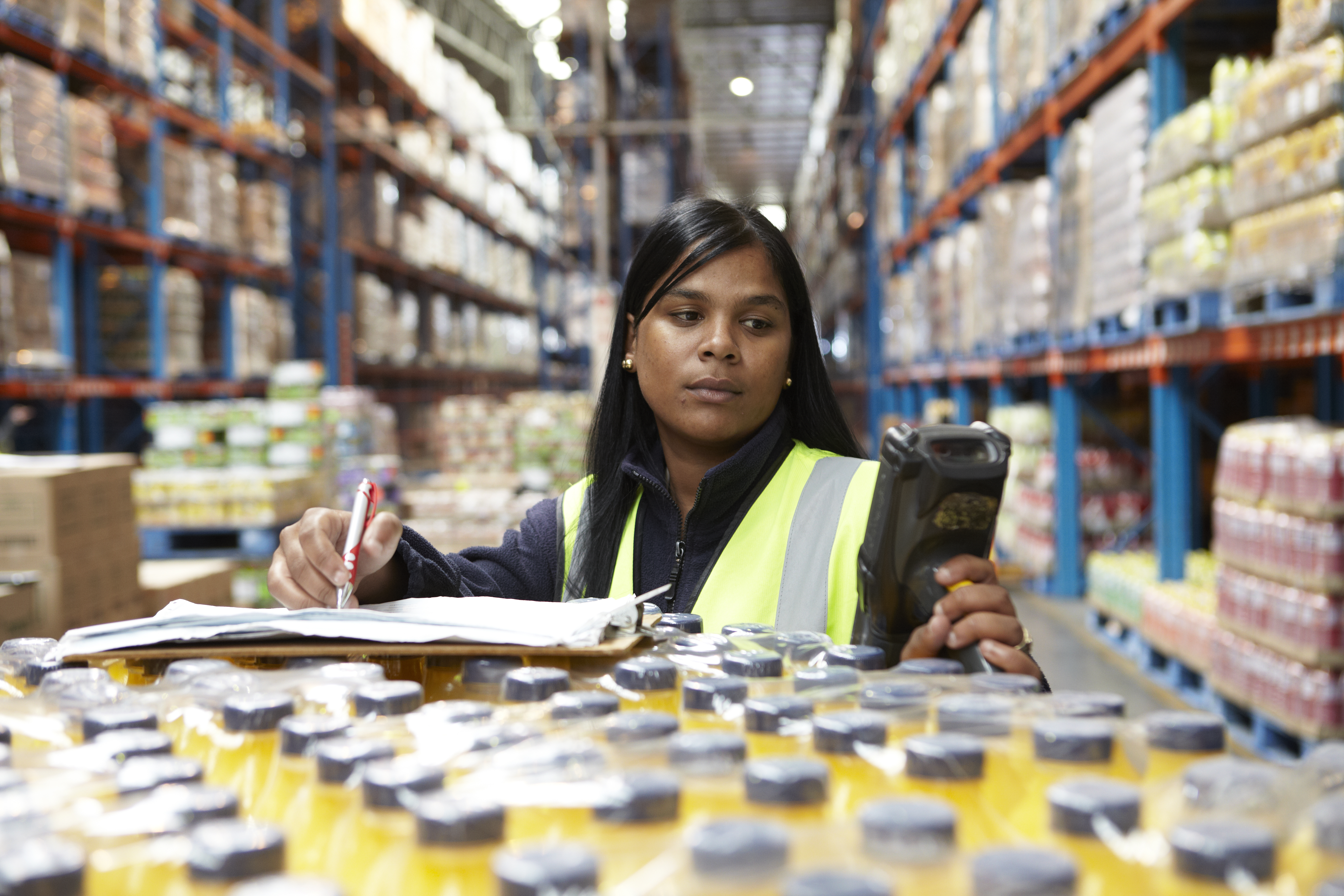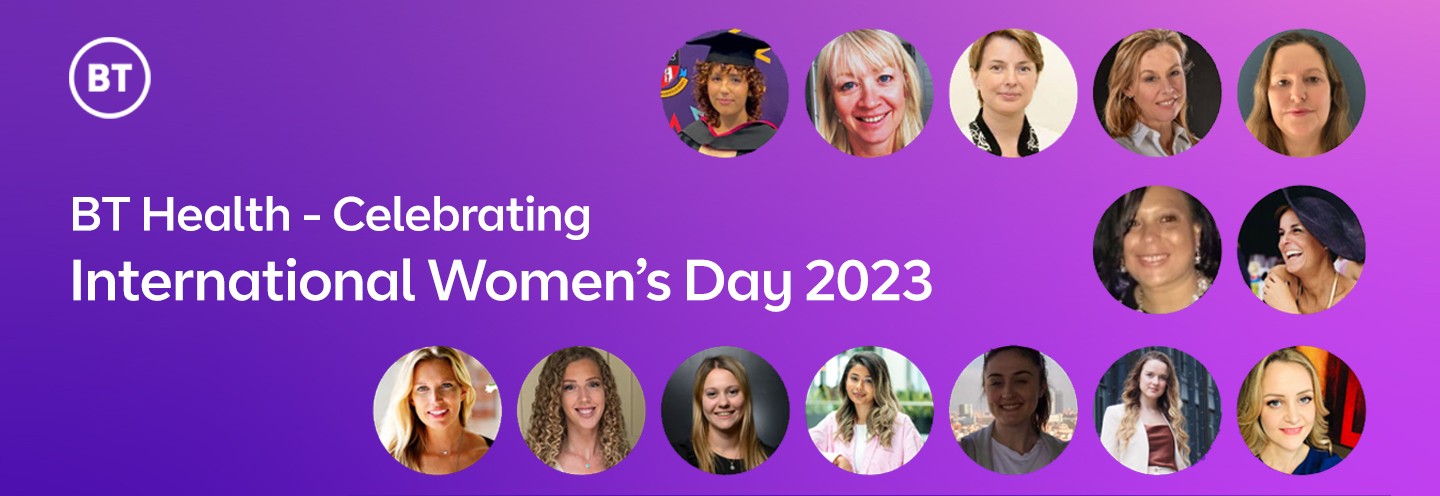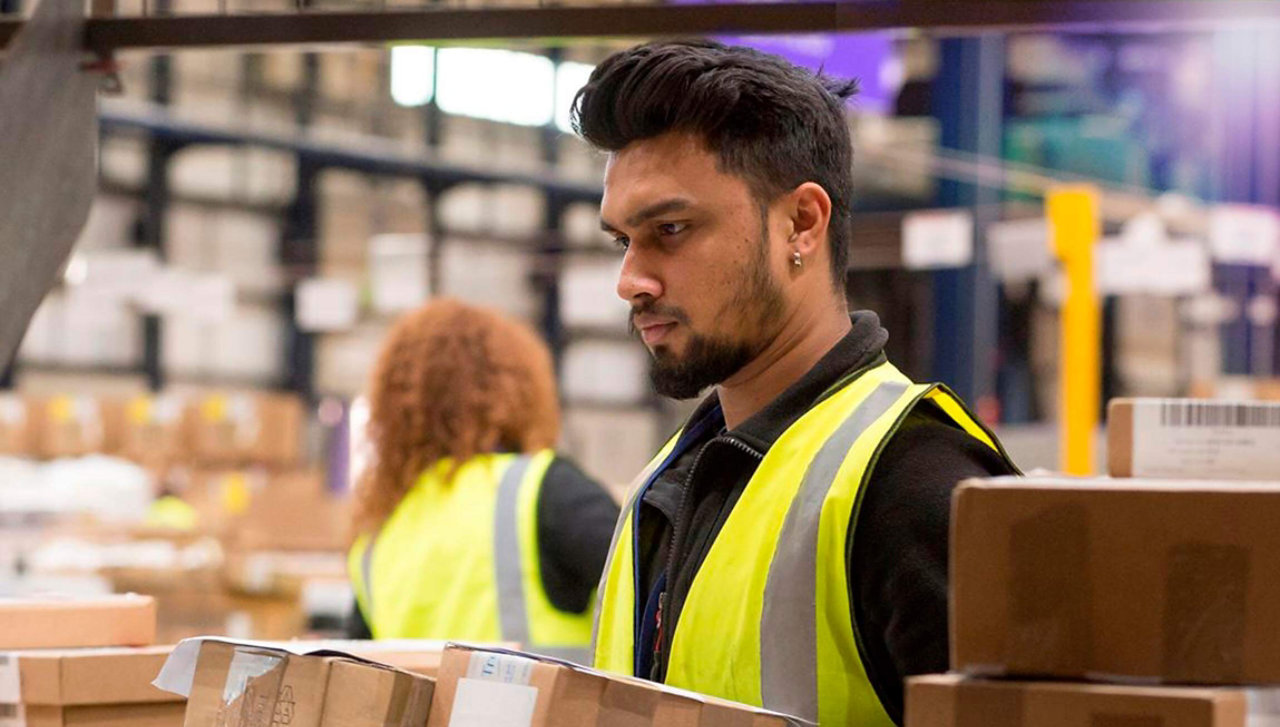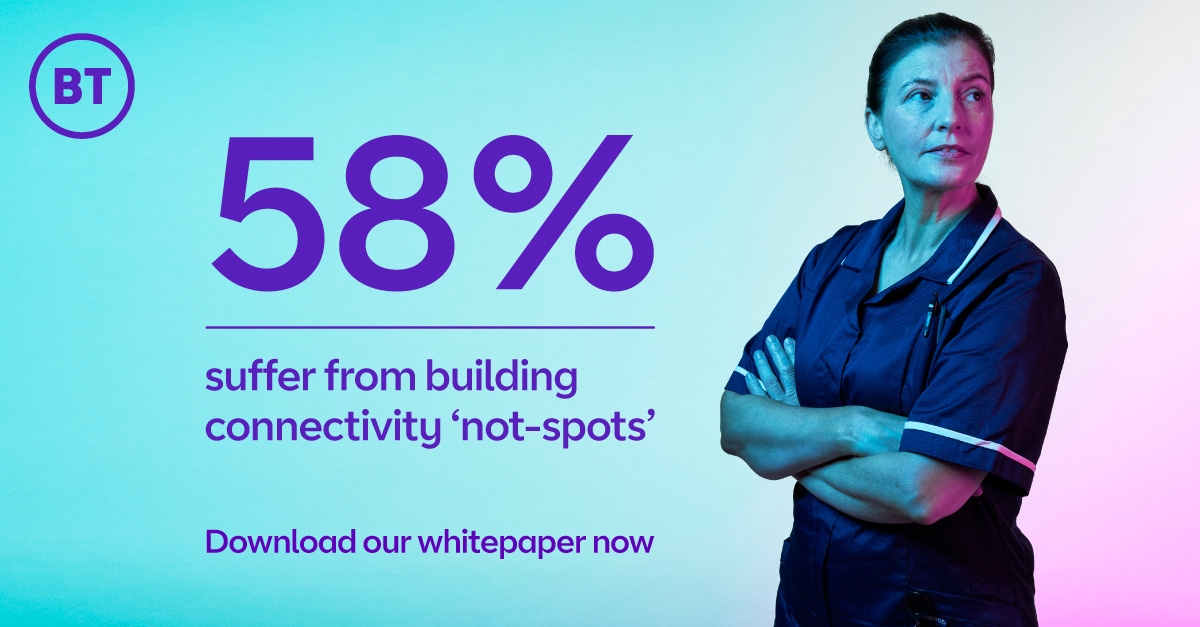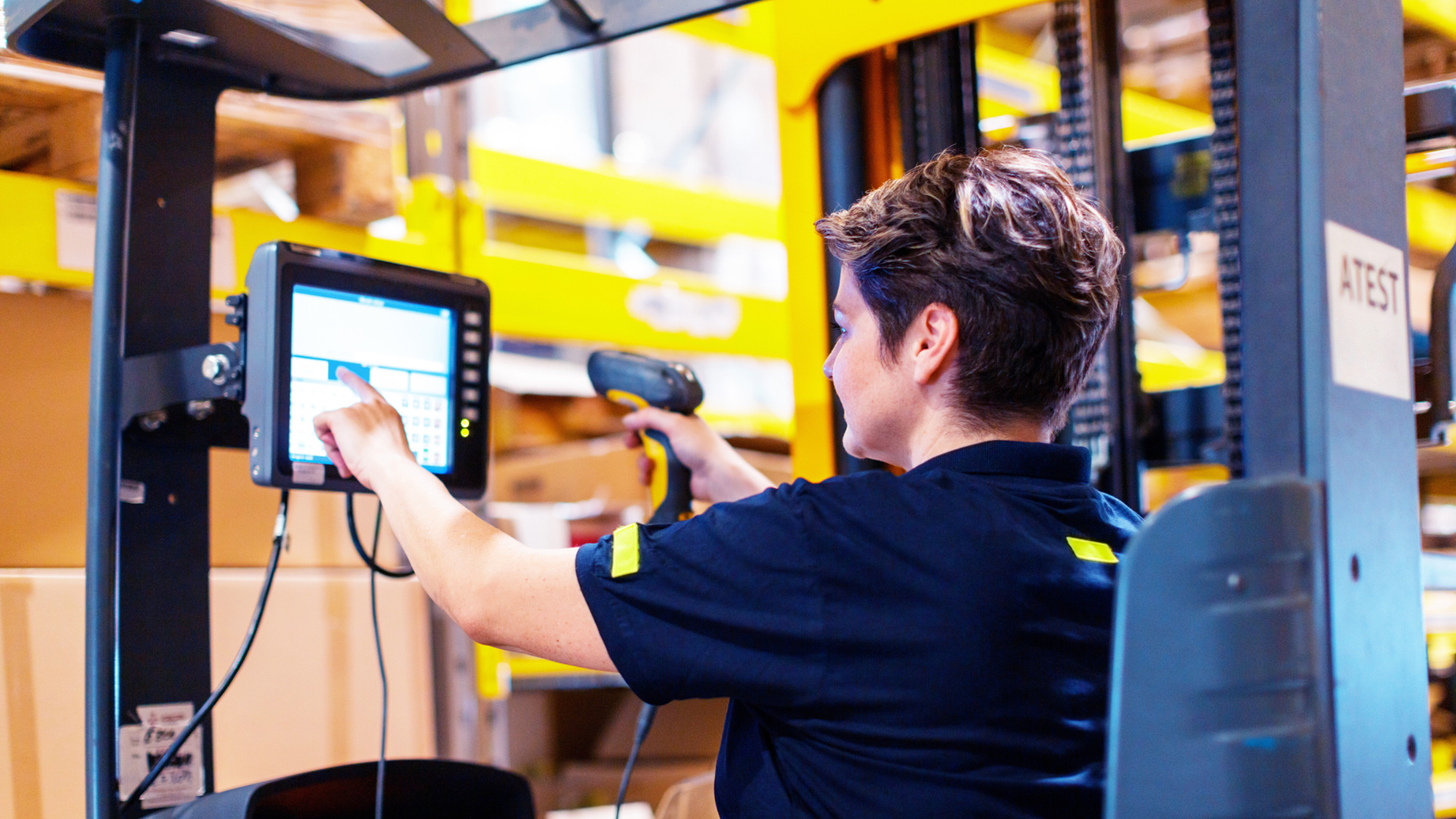What International Women’s Day means to BT Health?
International Women’s Day (IWD) provides a point of reflection, while shining a spotlight on the challenges faced and kickstarting conversations about what more can be done to support women.
The aim of IWD 2023 is to #EmbraceEquity, centred on why equal opportunities are not enough and understanding the difference between equity and equality. People start from different places, so true inclusion and belonging require equitable action.
We spoke to four of our female colleagues from across BT Health, to learn about what the day means to them, their experiences, and their advice for other women in the industry.
What does International Women’s Day mean to you?
“It is ongoing recognition of the importance that women are seen, heard and respected. This goes beyond the workplace - it impacts on our home and social settings too. Women everywhere should feel confident, empowered, and safe to express themselves and live their lives as they choose. – Lucy Pettitt, Senior Sales Specialist – Secure Messaging
“I see it as quite a bittersweet day: I love the concept of celebrating the strength and resilience of women across the globe, but also, as long as this day exists, it serves as a reminder that there is still work to be done in the way of gender equity/equality.” - Emily Maclennan, Healthcare Sales Professional
Why is embracing equity important?
“Equity is so important to ensure that anyone from any background can come to work as they are and be given the opportunity to do their best. This benefits BT because it creates a more diverse workforce and encourages creativity. A business can’t grow if it keeps doing the same things in the same way without diversifying.” – Nicky Walsh, Account Director - National Healthcare
“Embracing equity is fundamental in achieving equality. No two people are the same, everyone thinks, feels and perceives differently, therefore we need different support and resources to achieve the same results.” – Lucy Pettitt
“It’s important to understand that not everyone starts with the same foundation in terms of access – equity means you’re given the correct building blocks that will allow you to be on the same level as those who already had these privileges. Considering that women will make up almost 50% of the workforce by 2024, it’s even more imperative to champion diversity and inclusion in the workplace. - - Emily Maclennan
What is the biggest challenge you’ve faced as a woman, and how did you overcome it? “I always wanted to be self-sufficient and independent, which meant juggling family, trying to educate myself, and working. I took one day at a time, worked hard and kept going. - Professor Ann-Marie Cannaby, Principal Clinical Consultant
“The biggest challenge was getting my voice and ideas recognised. Many years ago, in previously male-dominated workshops, my ideas were accredited to the colleagues that repeated my suggestions with different wording and were then praised for their great ideas. Over the years, I’ve learnt to speak more assertively.”– Nicky Walsh
“My biggest challenge was trying to maintain a meaningful work life whilst also bringing up two young boys. As an ambitious career woman and a devoted mother, I never felt I could give enough to either of my roles. I cut back to a four-day week and tried to keep working on an evening and weekend to a minimum to allow for family time. I also appointed an office manager from my team to keep business on track and tried to make sure my free day was devoted to quality time with my boys and not spent ticking off chores. The compromise was no less exhausting, but far more rewarding.” – Lucy Pettitt
What can the healthcare industry do to help more women in the workplace?
“More representation of women (particularly women of colour) in high-powered, senior positions is fundamental. Being able to see someone like yourself in those roles has a huge, positive impact. It sends the message that anything is possible.” - Emily Maclennan
“Ensure company culture is flexible and accepting around the demands on women in the workplace. So many women still take first line responsibility for children and dependants, meaning they are often pushed into choosing between family and work.” - Lucy Pettitt
“The diversity of jobs and growing flexibility within this sector should enable more women to work in clinical, scientific, managerial and leadership roles. The sector needs to continue to develop environments that encourage women of all ages to enjoy work and fulfil their own ambitions and dreams.” - Professor Ann-Marie Cannaby
What advice would you give to a woman starting their career in the industry?
“Easier said than done but be confident in yourself; if you’ve made it into the industry, then clearly you are more than qualified to do that job. One thing I have found to help me is to collate any praise and positive words I receive from co-workers and managers. It’s nice to be able to look back and recognise that you are more than capable, and this is something that other people realise in you too!” - Emily Maclennan
“Check if there is evidence of inclusivity at SLT/ Board level – organisational culture inevitably filters from the top down. Look into corporate values and attitudes towards employees, customers and suppliers. Address even low-level prejudices quickly so you don’t waste valuable years in the wrong organisation.” - Lucy Pettitt
“My advice would be to take opportunities, support others and recognise that working in healthcare, whilst challenging, is also a privilege. The care and treatment of other human beings is special.” - Professor Ann-Marie Cannaby
What BT is doing to #EmbraceEquity
No matter who you are or what job you do, we want people to feel part of a community full of passion, resilience and support.
This IWD, we want to support and help develop our members through events, workshops and communications with thought provoking leaders and role models from across our industry.
Our Gender Equality Network continues to play a critical role as we work towards having a gender balanced workforce. While 36.4% of our Board members, Executive Committee members, and 26.1% of our senior leadership teams are women, we recognise the need to implement policies that embrace equity. From Accelerate, our new talent development programme designed to fast stream high potential middle managers to signing the Menopause Workplace pledge, we’re always striving to do more.






